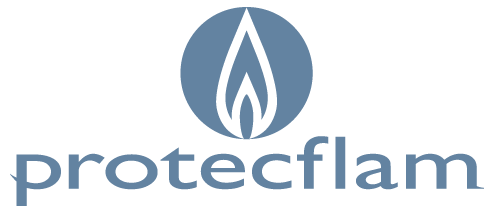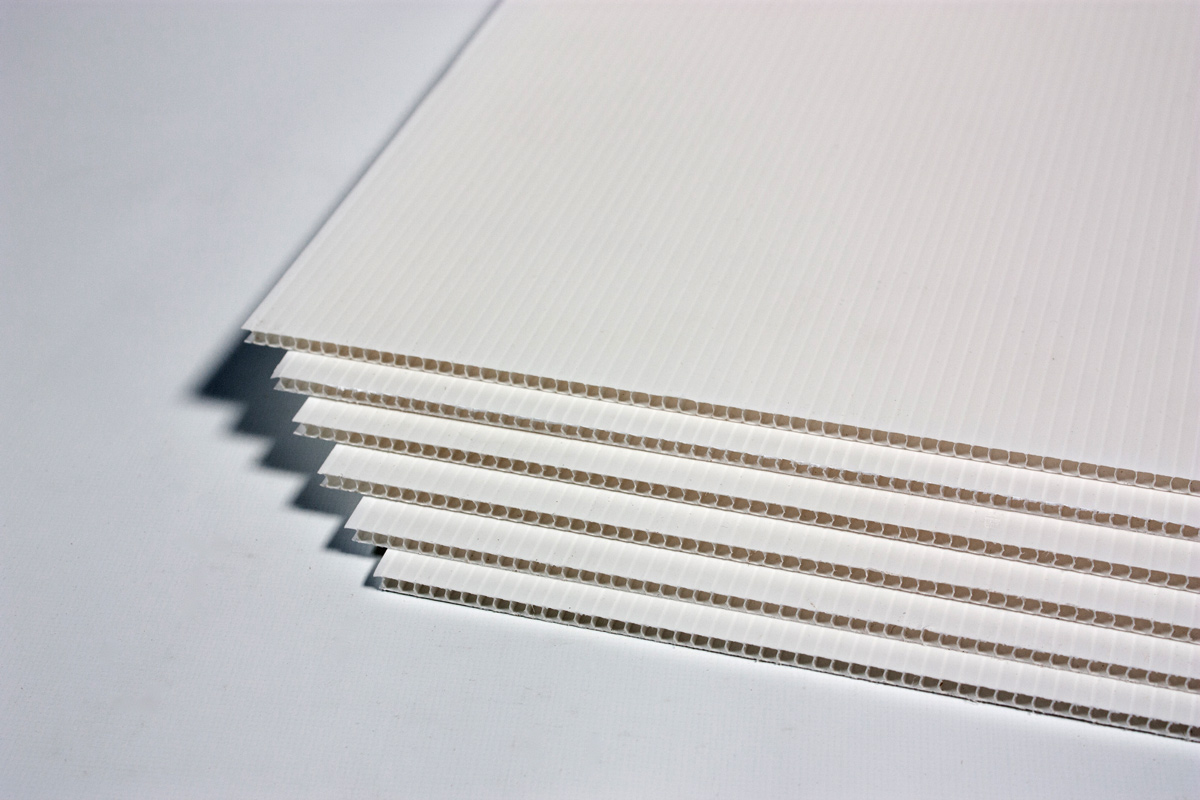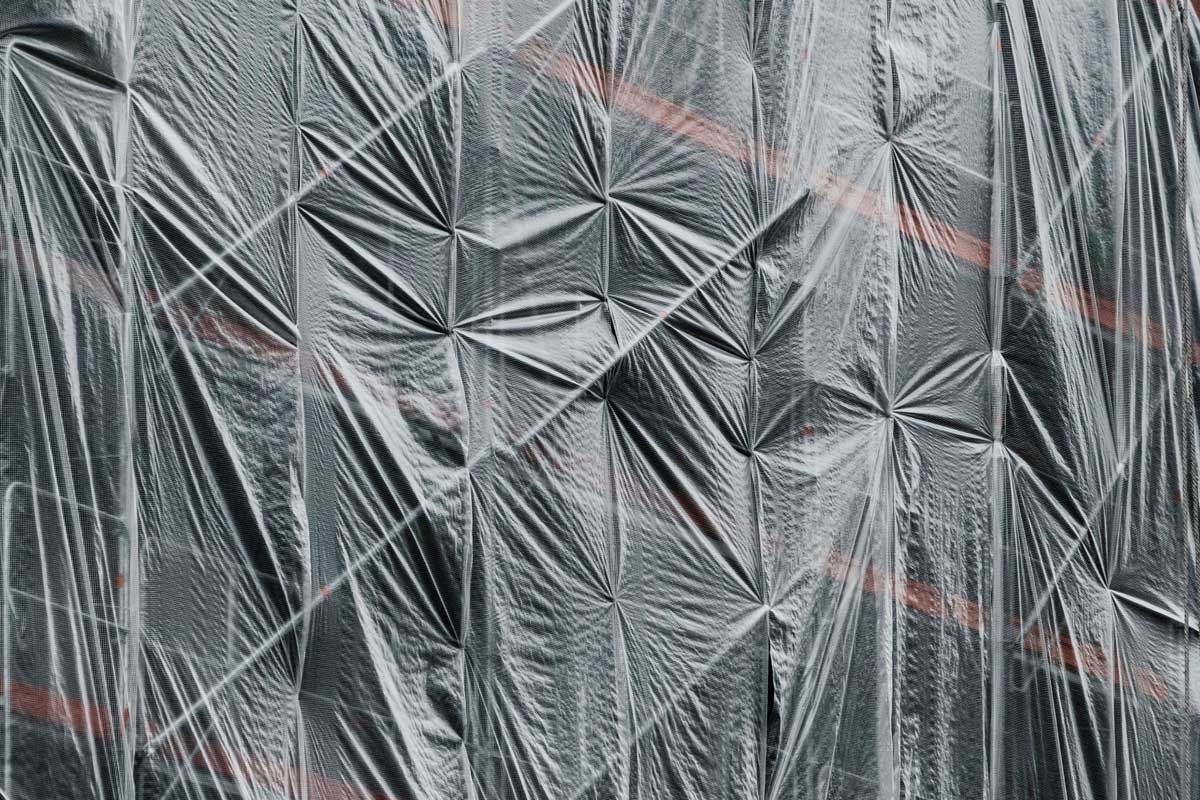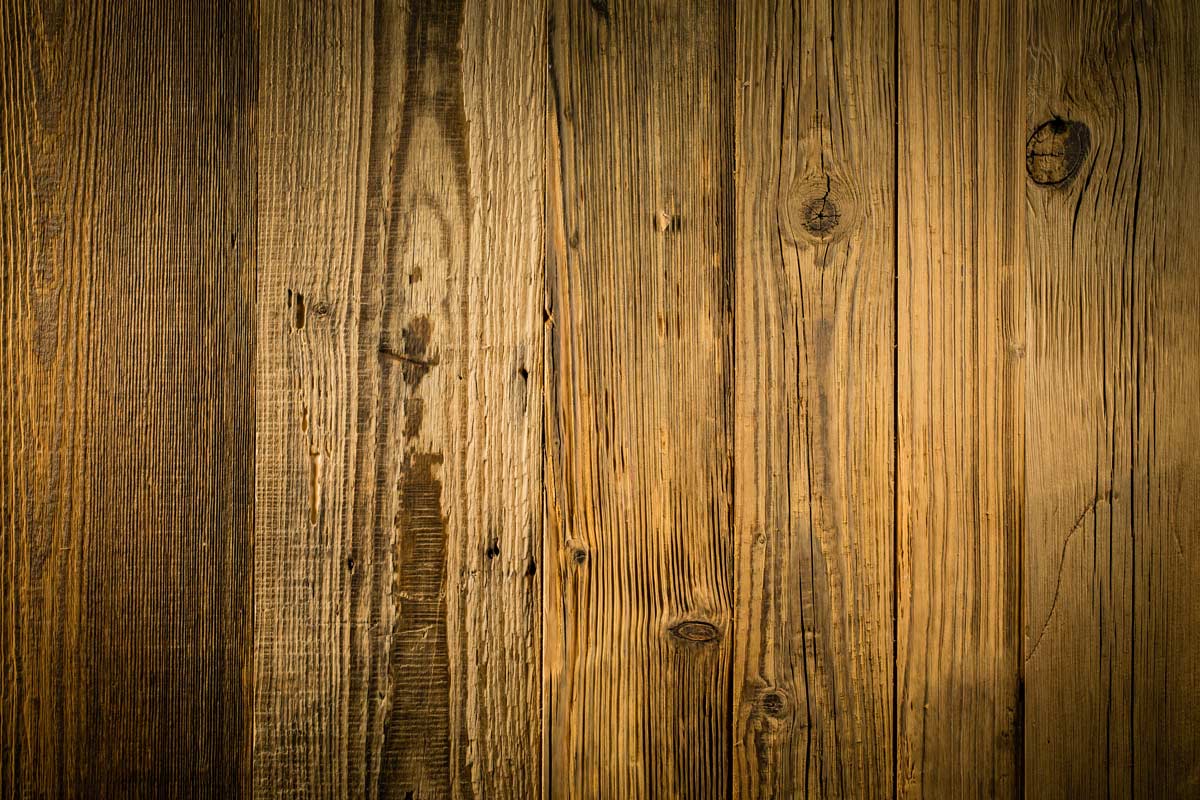Fireproofing wood, to be effective and according to the desired fire classification, cannot be satisfied with a simple spraying.
Several factors come into play
- The essence of wood (fir, beech, oak, etc.)
- Its thickness (very important: to a certain extent, the thickness participates in the reaction to fire. From 18 mm, solid wood is classified M3. Below this thickness, M4.The impregnation must be done mainly by soaking or in vacuum and pressure autoclave, when the format allows.
The wood must be raw, free of varnish, stain or paint. If this is not the case, a sanding is essential.
Hydroflam® BC11 obtained a PV M1, at the FCBA, laboratory and Technological Institute of Bordeaux, by soaking “full bath” (fully submerged) with a soaking time of 24 hours minimum on a 10 mm thick fir tree test tube and 300x400mm. This type of test tube is the “standard meter” of fireproofing.
When the format does not allow it, you must spray, front / back (imperatively) “at saturation”. The reaction to fire of the material is then improved, thus delaying ignition, the propagation of smoke and flames.
When it is not possible to treat recto / verso, only one solution is possible: the application of an intumescent varnish or paint (flame retardant) which will in most cases confer a Euroclass B or classification M1 to the system.
Many people think that there is only one classification: the “M1”. We must qualify the subject…
The Decree of November 21, 2002 is the text of the law which gives the characteristics of French regulations. The “Euroclasses” classifications mainly concern construction products and not furnishings and decoration.




